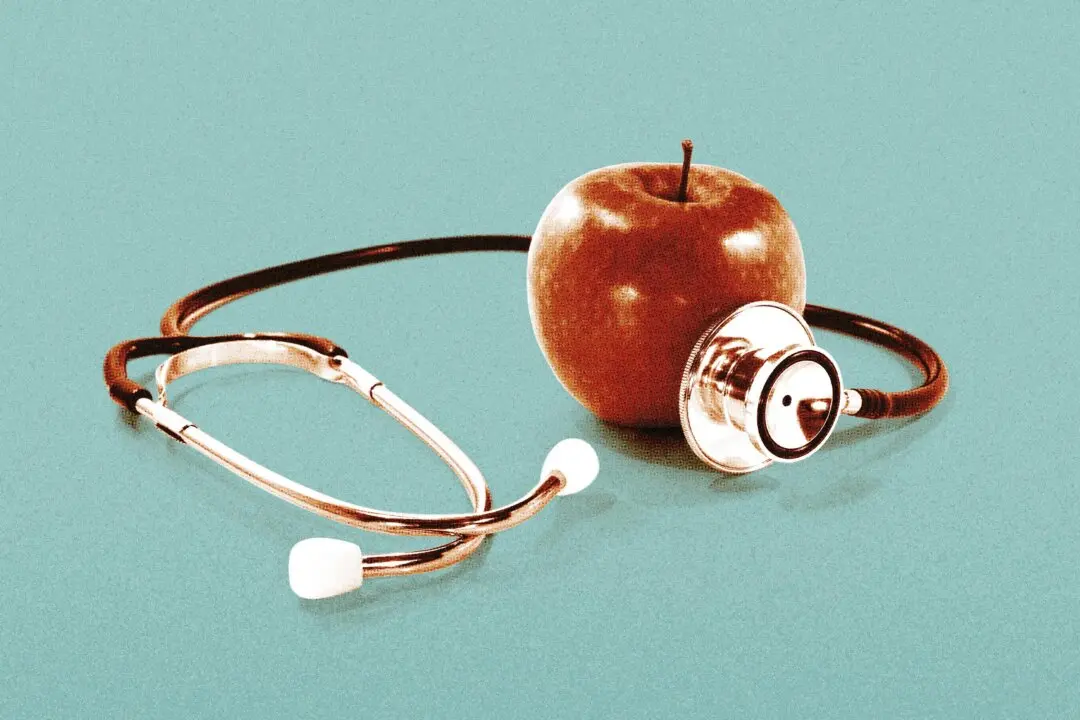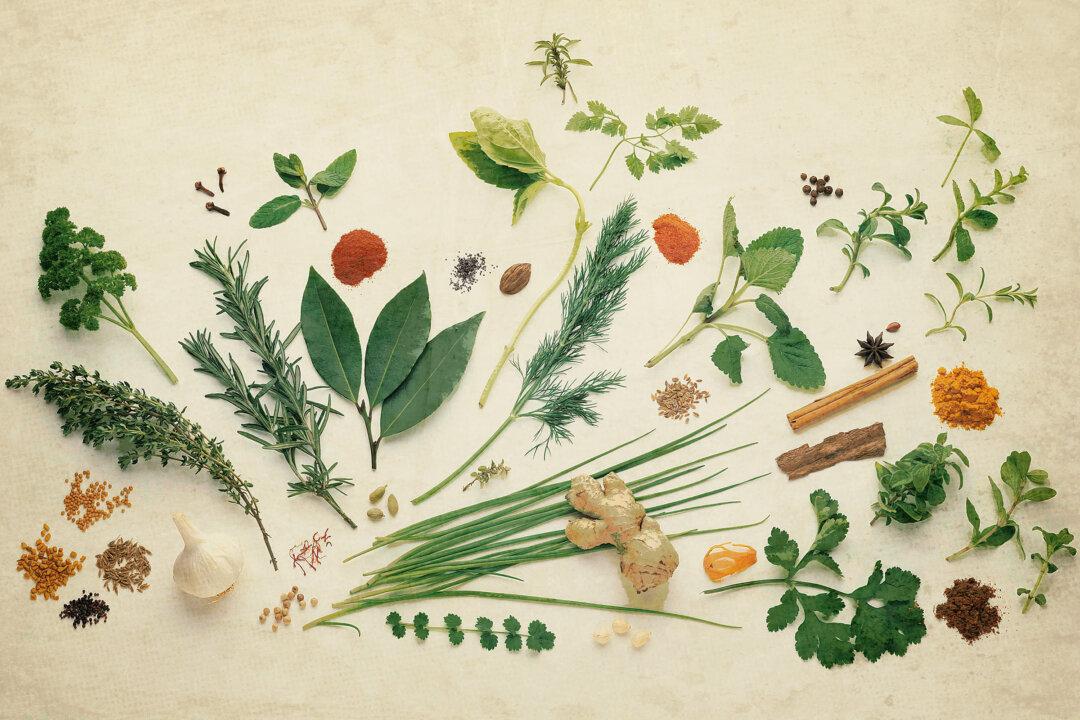Getting older is a complicated business. As we age, trips to the doctor increasingly conclude with requisitions for different screenings—tests meant to help diagnose potential problems and keep us healthy for the long haul.
Although many tests used to detect cancer have been hailed as lifesaving miracles of modern medicine, some have a dark side. Concerns over the prolific use of mammograms for detecting breast cancer have been growing in the scientific community as journals publish research revealing that these tests come with their own risks. With roughly 70 percent of women in the United States older than 40 having mammograms at least every two years, it raises questions about their safety, whether information about potential dangers is being obscured, and who might really be benefitting from this widespread testing.






